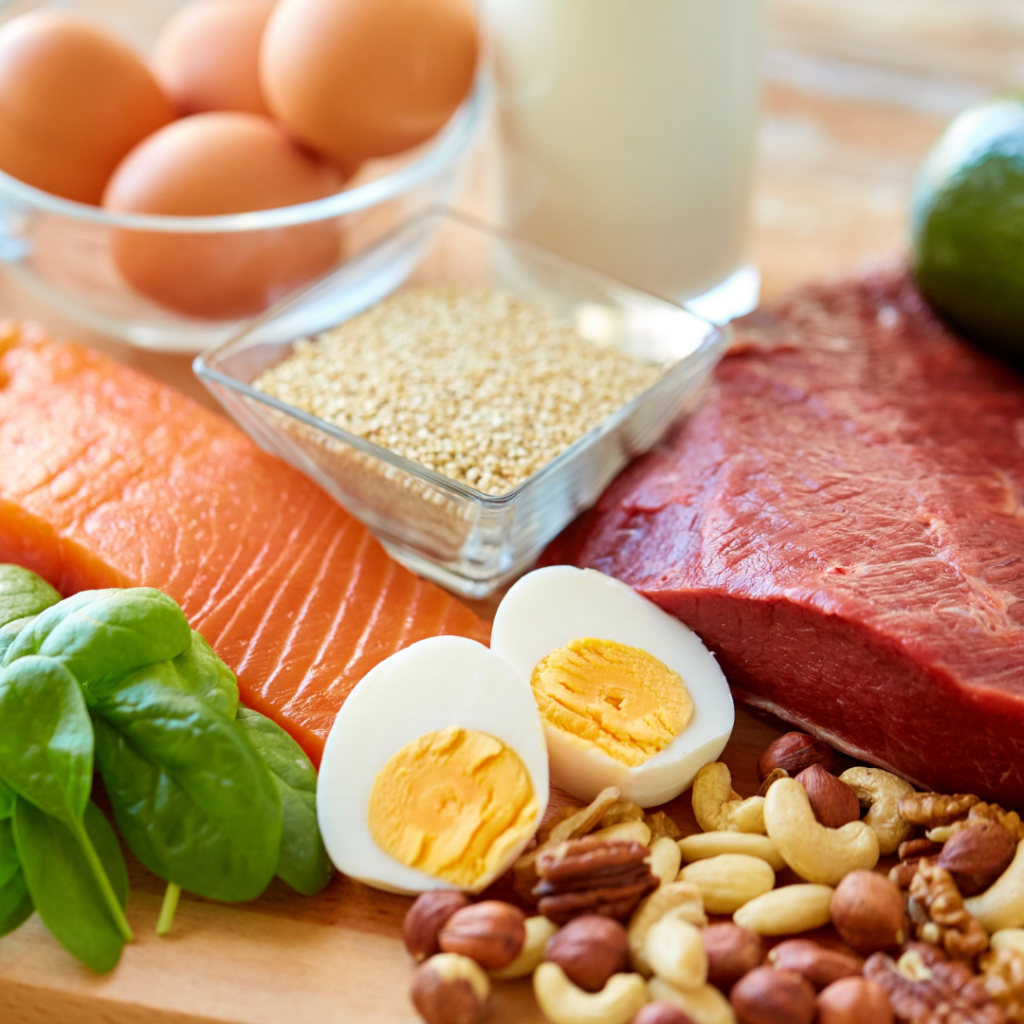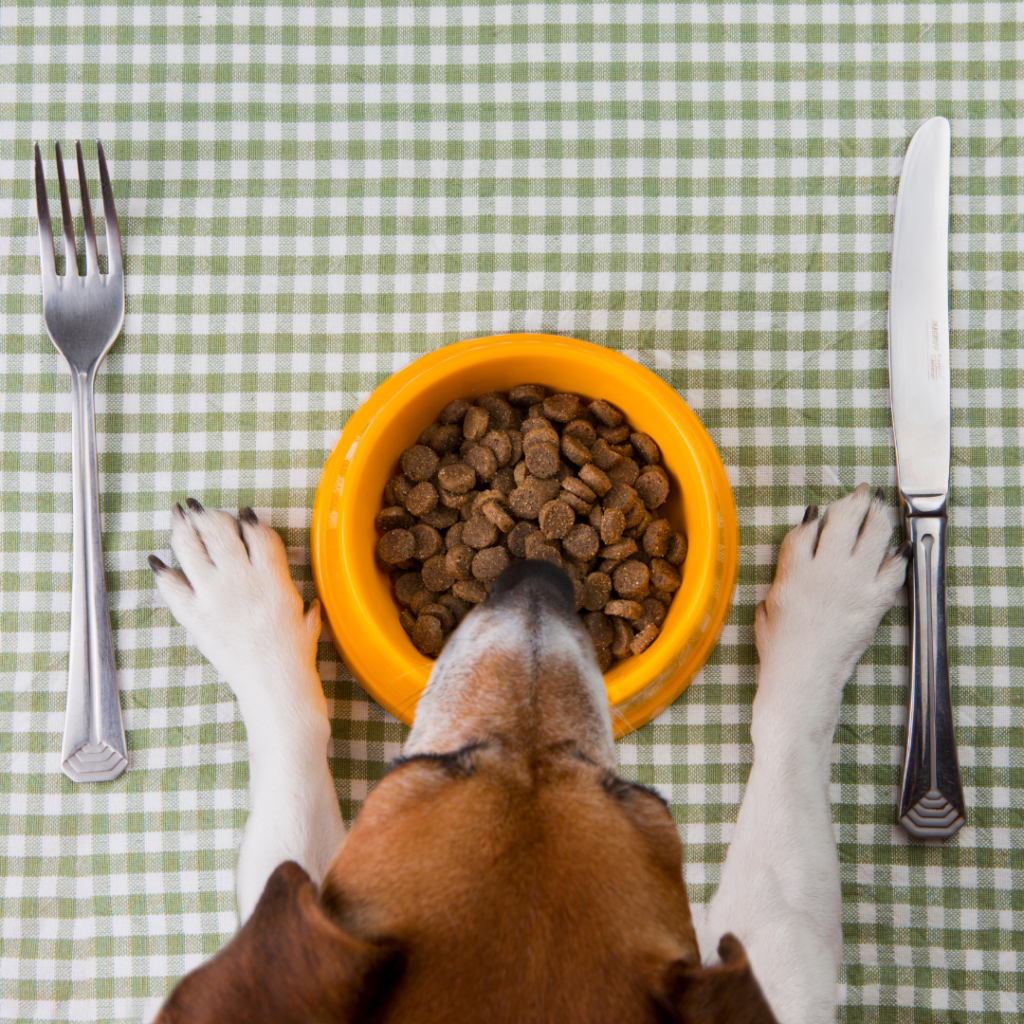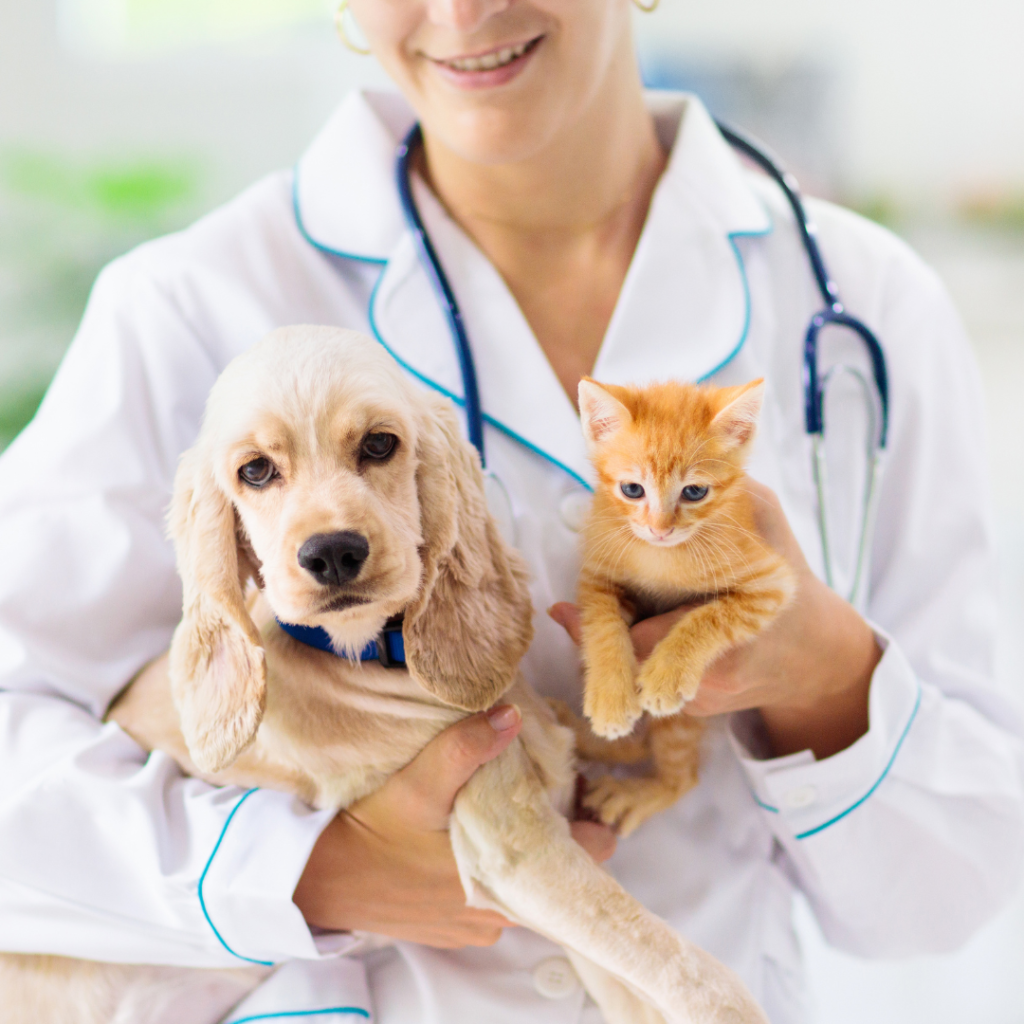
Hello, devoted pet parents and nutrition enthusiasts! Today, we embark on a journey through the different life stages of our beloved furry companions, exploring how to cater to their unique nutritional needs as they grow up and gracefully age. Just like us, pets undergo various changes throughout their lives, and tailoring their diet to each stage ensures they lead healthy, happy lives.

Puppies and Kittens, Building a Strong Foundation
The early stages of life are crucial for laying a foundation of health and vitality. Puppies and kittens require diets rich in protein, as it serves as the building blocks for their growing muscles and tissues. Look for specially formulated puppy and kitten food that supports their development with essential nutrients like DHA for brain health and calcium for strong bones.

Adult Dogs and Cats, Maintaining Optimal Health
Once your furry friend reaches adulthood, their nutritional needs shift to maintaining overall health and energy levels. Choose a well-balanced adult pet food that provides the right mix of proteins, fats, carbohydrates, vitamins, and minerals. Consider your pet’s activity level, size, and breed when selecting the appropriate diet.

Senior Companions, Addressing Changing Needs
As pets enter their golden years, their nutritional requirements may change. Senior pet foods often include joint-supporting ingredients, reduced calories to prevent weight gain, and easy-to-digest proteins. Keep an eye on your senior pet’s weight, dental health, and mobility, adjusting their diet as needed to accommodate these changes.

Tailoring Diets for Size and Breed
Different sizes and breeds have unique nutritional needs. Large breeds may benefit from diets that support joint health, while small breeds might need smaller kibble sizes. Some breeds may be prone to specific health issues, so selecting a diet that addresses these concerns is essential for their well-being.

Active Lifestyles and Specialized Diets
Pets with active lifestyles, such as working dogs or those engaged in agility training, may require diets that provide additional energy. Specialized diets cater to various needs, including weight management, dental care, and sensitivities. Consult with your veterinarian to determine if a specialized diet is suitable for your pet’s lifestyle.

Transitioning Between Life Stages
The transition between life stages should be gradual to allow your pet’s digestive system to adjust. When moving from puppy or kitten food to adult formulations, make the switch over several days. Likewise, transitioning to senior diets should be a slow and monitored process.

Consulting with Your Veterinarian, A Lifelong Partnership
Your veterinarian is your greatest ally in managing your pet’s nutritional needs throughout their life. Regular check-ups provide opportunities to discuss any changes in your pet’s health or behavior. Your vet can recommend dietary adjustments, address concerns, and ensure your pet receives the best care at every stage.

Monitoring Weight and Health, A Pet Parent’s Responsibility
As a dedicated pet parent, monitoring your pet’s weight and overall health is a continuous responsibility. Regularly assess their body condition, adjust their portions as needed, and stay alert to any signs of discomfort or changes in behavior. Maintaining a healthy weight is crucial for preventing obesity-related health issues.
In conclusion, catering to your pet’s nutritional needs at every life stage is a journey of care, observation, and informed decision-making. By selecting age-appropriate diets, tailoring nutrition to size and breed, considering specialized diets when necessary, transitioning between life stages with care, consulting with your veterinarian, and maintaining a vigilant eye on your pet’s weight and health, you’re ensuring they thrive from playful puppyhood to golden senior years. Here’s to a lifetime of health and happiness for your cherished furry friend! 🐾🌟
